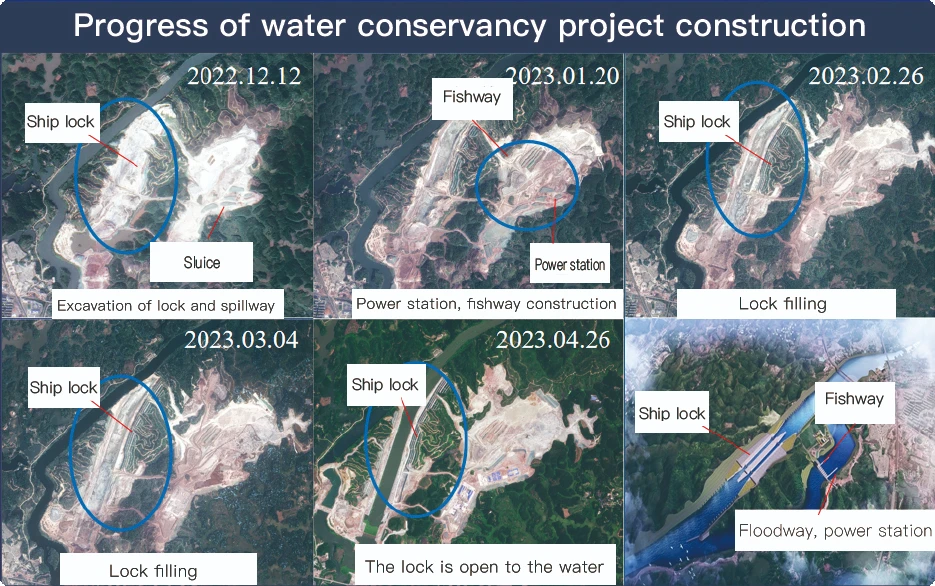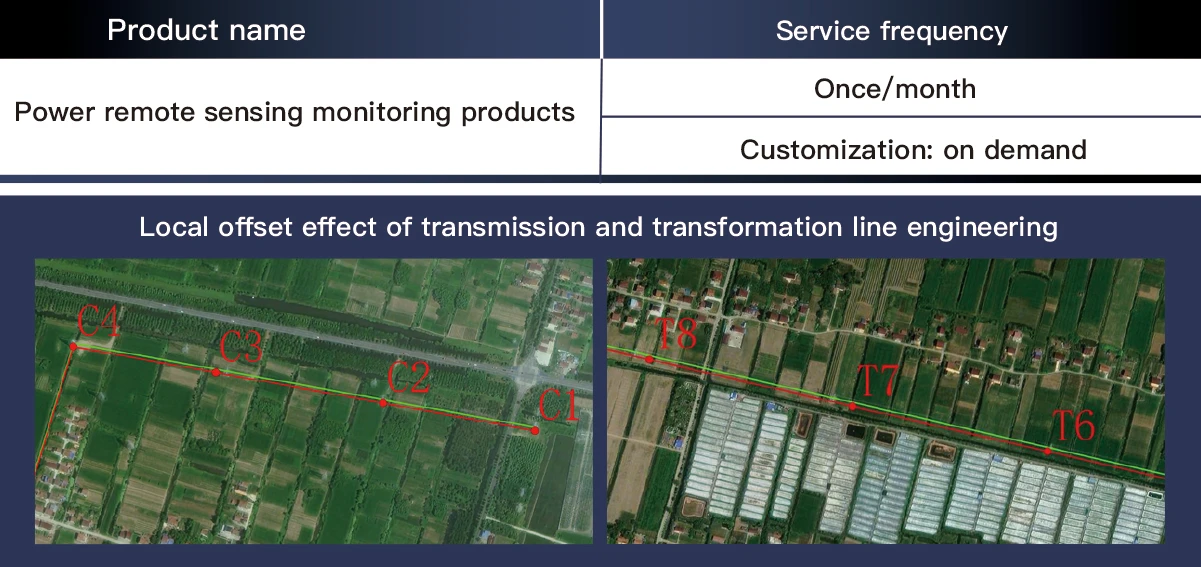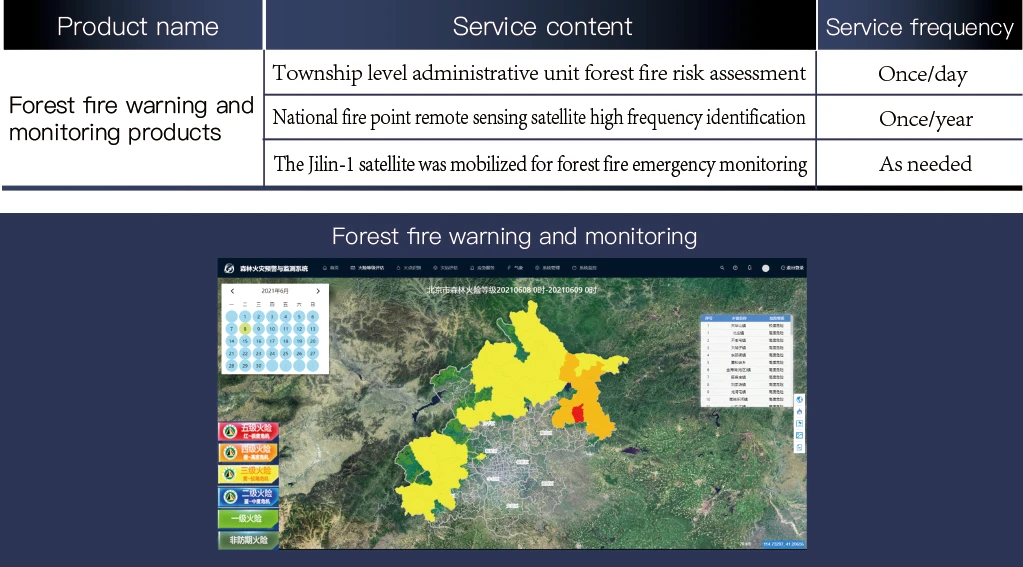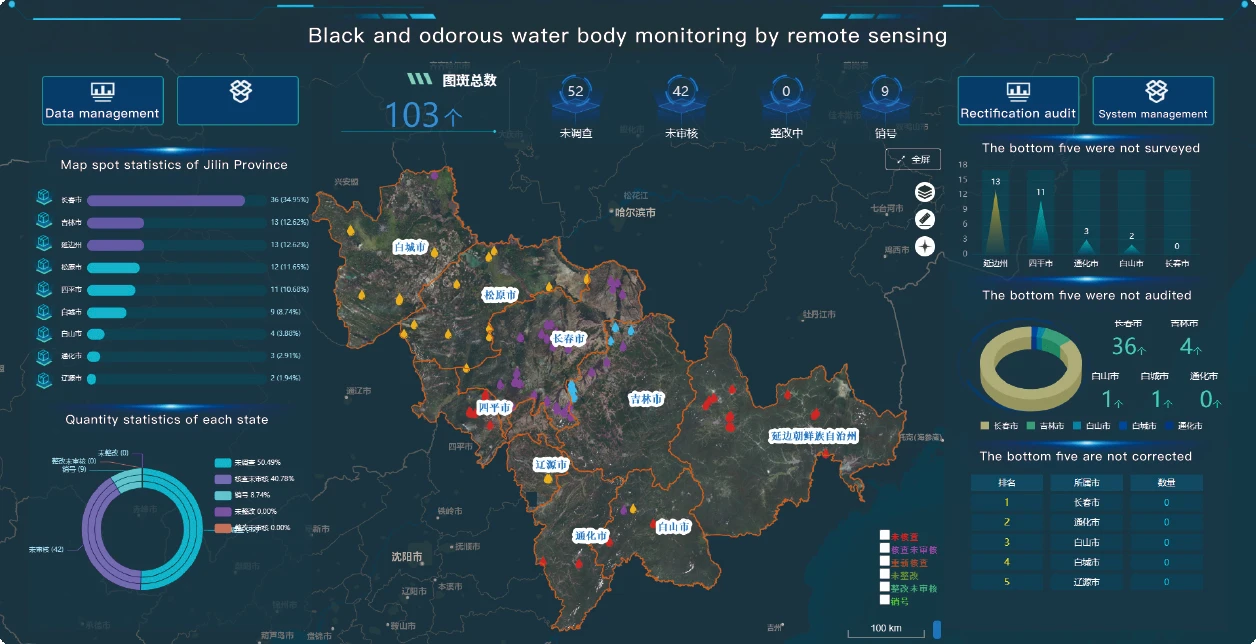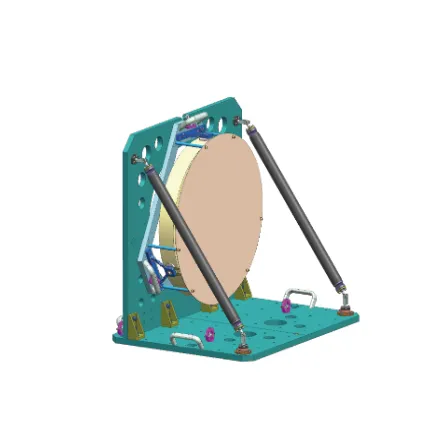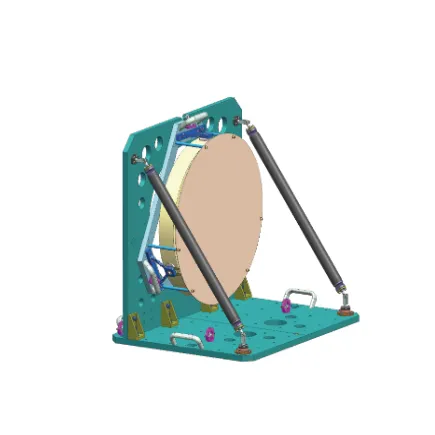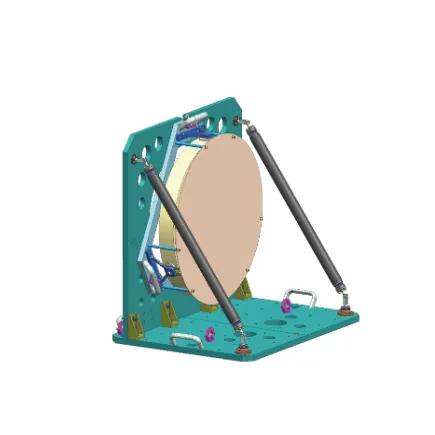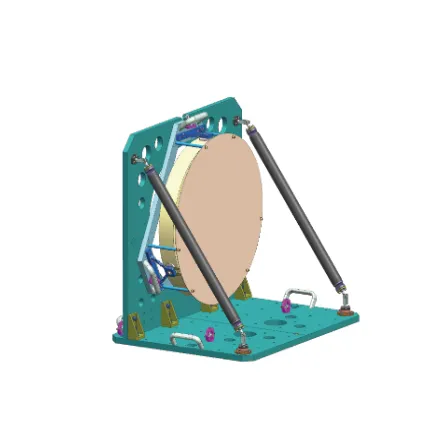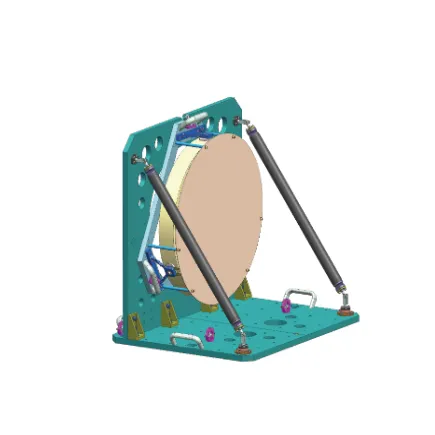
- Afrikaans
- Albanian
- Amharic
- Arabic
- Armenian
- Azerbaijani
- Basque
- Belarusian
- Bengali
- Bosnian
- Bulgarian
- Catalan
- Cebuano
- China
- Corsican
- Croatian
- Czech
- Danish
- Dutch
- English
- Esperanto
- Estonian
- Finnish
- French
- Frisian
- Galician
- Georgian
- German
- Greek
- Gujarati
- Haitian Creole
- hausa
- hawaiian
- Hebrew
- Hindi
- Miao
- Hungarian
- Icelandic
- igbo
- Indonesian
- irish
- Italian
- Japanese
- Javanese
- Kannada
- kazakh
- Khmer
- Rwandese
- Korean
- Kurdish
- Kyrgyz
- Lao
- Latin
- Latvian
- Lithuanian
- Luxembourgish
- Macedonian
- Malgashi
- Malay
- Malayalam
- Maltese
- Maori
- Marathi
- Mongolian
- Myanmar
- Nepali
- Norwegian
- Norwegian
- Occitan
- Pashto
- Persian
- Polish
- Portuguese
- Punjabi
- Romanian
- Russian
- Samoan
- Scottish Gaelic
- Serbian
- Sesotho
- Shona
- Sindhi
- Sinhala
- Slovak
- Slovenian
- Somali
- Spanish
- Sundanese
- Swahili
- Swedish
- Tagalog
- Tajik
- Tamil
- Tatar
- Telugu
- Thai
- Turkish
- Turkmen
- Ukrainian
- Urdu
- Uighur
- Uzbek
- Vietnamese
- Welsh
- Bantu
- Yiddish
- Yoruba
- Zulu
Driving Industrial Growth With Advanced Mechanical Equipment Services
In modern industrial and commercial operations, the importance of efficient, reliable, and well-maintained mechanical equipment cannot be overstated. As technology evolves and energy regulations tighten, businesses are turning to expert mechanical equipment services to ensure compliance, reduce energy consumption, and prolong equipment life. From HVAC installations to refrigeration maintenance and ventilation system upgrades, these services are critical in supporting productivity, health, and safety across sectors.
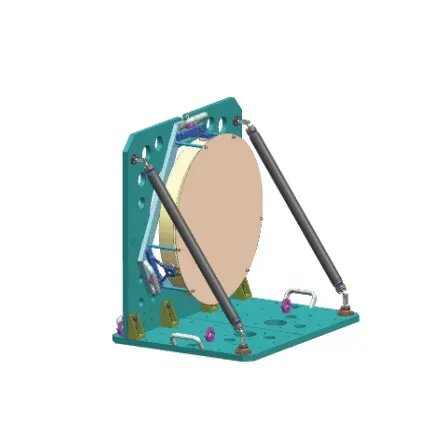
Modern Ventilating Equipment For Healthier Workspaces
Clean, fresh air is fundamental to employee well-being and regulatory compliance, especially in manufacturing, healthcare, and educational environments. Upgraded ventilating equipment ensures adequate airflow, removes airborne contaminants, and balances humidity—all essential for maintaining a healthy indoor climate. Today's systems are designed for energy efficiency and can be integrated with digital monitoring tools for real-time performance tracking.
In facilities that already utilize an ERV mechanical unit, pairing it with efficient ventilating equipment creates a comprehensive system that not only recycles energy but also optimizes air exchange. This synergy reduces the burden on other mechanical equipment, leading to longer operational life and lower utility bills. As indoor air quality becomes a growing concern globally, businesses are investing heavily in this aspect of building infrastructure.
Maximizing Efficiency With Refrigeration Service Tools
Industries such as food processing, pharmaceuticals, and cold chain logistics rely heavily on refrigeration systems to protect sensitive goods. The quality and functionality of refrigeration service tools directly affect how effectively these systems are maintained. From detecting gas leaks to evacuating systems for repairs, these tools help technicians restore performance and prevent future breakdowns.
Professional-grade refrigeration service tools not only improve service quality but also protect the integrity of valuable inventory and prevent financial losses. When used as part of routine mechanical equipment services, these tools help ensure that refrigeration systems operate within peak parameters—improving energy efficiency and reducing environmental impact.
Planning For Long-Term Performance: Mechanical Equipment Life Expectancy
One of the most critical yet often overlooked aspects of facility management is understanding mechanical equipment life expectancy. Knowing how long HVAC systems, pumps, ventilation units, and refrigeration assets are expected to last helps organizations plan better for replacements, upgrades, and budgeting.
While the lifespan of mechanical equipment varies depending on usage and environment, regular maintenance significantly influences its durability. Scheduled mechanical equipment services—including inspections, filter changes, oiling, and software updates—can extend life expectancy and reduce the risk of sudden failures. When combined with data collected through smart monitoring systems, these services allow for predictive maintenance that can further reduce operational disruptions.
Conclusion: A Holistic Approach To Mechanical System Sustainability
In an increasingly competitive and sustainability-focused market, managing mechanical equipment is no longer just a matter of function—it’s a strategic investment. Businesses that adopt a comprehensive approach to maintenance, which includes regular mechanical equipment services, advanced ventilating equipment, and proper use of refrigeration service tools, are better positioned to maximize uptime and minimize costs.
Moreover, by understanding mechanical equipment life expectancy, facility managers can anticipate system degradation and proactively schedule upgrades, reducing the likelihood of emergency repairs. Technologies like the ERV mechanical unit also demonstrate how smart energy recovery can work in tandem with traditional systems for improved efficiency.
From smart ventilation to high-precision diagnostics, the future of mechanical equipment management is intelligent, integrated, and sustainable. Companies that recognize and invest in these innovations will enjoy lower operational risks, better environmental compliance, and stronger long-term performance.

